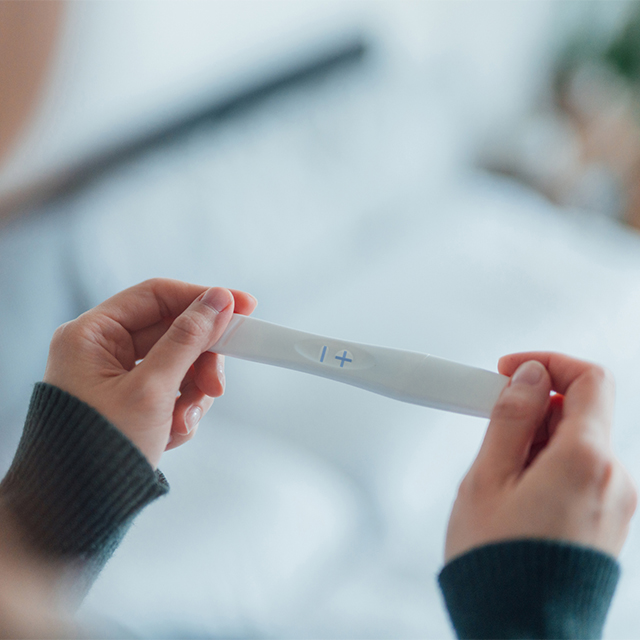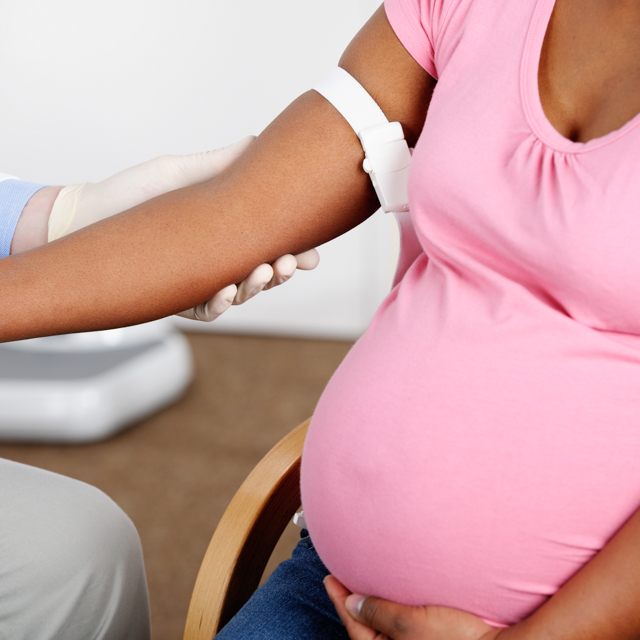Being pregnant can increase the risk of stroke, during the pregnancy and beyond. What you need to know.
It’s no secret that your body undergoes a multitude of changes during pregnancy: a growing belly and shifting of internal organs, surging hormones, greater sensitivity to smells. But there are other changes in the cardiovascular system that aren’t so obvious, and these can lead to increased risk of stroke, both during pregnancy and postpartum. Studies have shown that women who have two or more pregnancies with some sort of cardiovascular complication have twice the chance of a stroke later in life.
“In general, stroke related to pregnancy is still rare,” said Dr. Jillian Berkman, a neurologist with Vanderbilt Neurology. “So unless you know someone who’s had that experience or you yourself have risk factors that your doctor has talked to you about, you are unlikely to be aware of the risk.”
Why pregnant people are at a higher risk of stroke
Pregnancy is a “hypercoagulable” state, Berkman said. This means there’s an increase in procoagulants, the proteins that cause blood to change from a liquid to a gel-like state.
“The blood is not moving as well, which is called venous stasis,” Berkman said. “And so you’re at higher risk of clots forming. And so if you had underlying clotting disorders that you just didn’t know about until pregnancy, it might come out.”
There’s also an increase in cytokines, or inflammatory molecules in the body, and more blood in general, to support the growing fetus. And there is preeclampsia, pregnancy-related high blood pressure, which, unmonitored, can develop into eclampsia, or seizures, with an increased risk of stroke in the last few weeks of a pregnancy.
Other cardiovascular changes that can lead to a stroke include:
- Clots in the veins that help drain blood from the brain
- Inflammation of the arteries that feed the brain
- Increased risk of bleeding with aneurysms or arteriovenous malformations
- Abnormal heart rhythm
What you can do about it
“There is definitely a group of women for whom pregnancy is kind of like a stress test.”
The most important thing to pay attention to, said Berkman, is high blood pressure, which puts you at greater risk for developing some of these problems. If you have a history of high blood pressure or you’re already taking medication, it’s important to let your doctor know, as you would with blood sugar, so your doctor can monitor you for gestational diabetes. And if your blood pressure is below normal (normal blood pressure is 120/80), you should monitor that as well.
There’s not much you can do about some factors, like age or race (older and minority women may be at a higher risk of stroke), but there are things you can address before you get pregnant, like obesity or high cholesterol or a smoking habit.
If you have experienced preeclampsia in an earlier pregnancy, Berkman advised taking one baby aspirin every day during subsequent pregnancies, which will act as a blood thinner.
It’s also important to keep paying attention postpartum, especially if you develop pregnancy-related hypertension. It should go away on its own after 12 weeks, but if it continues, or if you start getting new headaches or numbness or vision changes, you should let your doctor know.
“There is definitely a group of women for whom pregnancy is kind of like a stress test,” said Berkman, “and you are going to always develop high blood pressure and that high blood pressure will persist. And I think that those women often get lost in the health care shuffle.”

Women’s heart care
Heart disease is the leading cause of death in women, but it often goes underdiagnosed and undertreated. That’s why Vanderbilt Health offers a specialized program for women’s heart health throughout life – from adolescence and childbirth to menopause. Our team of experts works together to treat heart disease with the special needs of women in mind.




